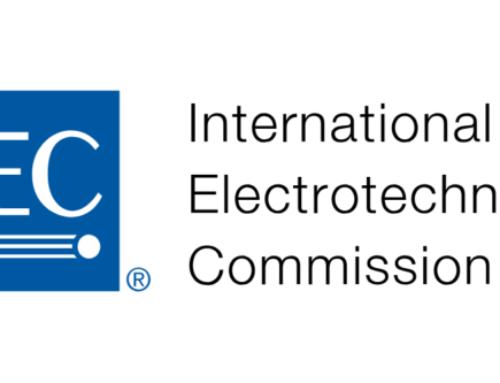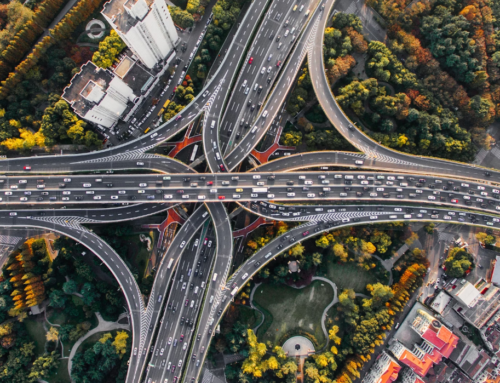29/07/2020
 On 16 June 2020, Premier Li Keqiang signed the Decree No. 727 of the State Council to release the Regulations on Supervision and Administration of Cosmetics.
On 16 June 2020, Premier Li Keqiang signed the Decree No. 727 of the State Council to release the Regulations on Supervision and Administration of Cosmetics.
The Regulations, which will take effect from 1 January 2021, clarify the scope of punitive measures to be adopted against violators. Fines shall be imposed on the legal representative, the main person in charge, the person directly responsible and/or other people from entities that:
- Engage in the production of cosmetics without permission;
- Produce, market or import special cosmetics without proper registration;
- Use ingredients prohibited in the production of cosmetics;
- Add substances, in the production of cosmetics, that may endanger human health.
In case of serious violations, a lifelong ban from producing and operating cosmetics will be enforced.
The new Regulations also provide a classification of cosmetics and new cosmetic ingredients based on their degree of safety risk, namely:
- Special cosmetics, or ordinary cosmetics;
- New ingredients with high risks, or other new ingredients.
Registration and filing will respectively be implemented, and a more science-based supervision and management approach will be implemented.
Other key relevant issues of the Regulations are explained as follows:
Q1: How can the quality and safety of cosmetics be guaranteed?
A1: The person applying for the registration and filing will bear the primary responsibility.
Although cosmetics are not usually regarded as products with potentially high safety risks, safety considerations cannot be ignored given the fact that cosmetics are applied directly on the skin. In order to strengthen the quality and safety control of cosmetics, the Regulations focus on improving the following systems:
- The person applying for the registration and filing will be responsible for the safety and the claimed efficacy of cosmetics;
- Safety assessments. The person applying for the registration and filing must conduct safety assessments of cosmetics and new ingredients;
- Strengthening the management of the production and operation of cosmetics. Enterprises must organise the production of cosmetics according to relevant quality management regulations, with clear requirements specified for: ingredients and packaging materials used; raw materials and factory inspection; product release, storage and transportation; and other relevant processes. They will also need to standardise the labels and advertising of cosmetics.
- Strengthening quality and safety control of cosmetics after their introduction on the market. The person applying for the registration and filing must carry out adverse reaction monitoring, timely evaluation and reporting; they must also recall, in a timely manner, all cosmetics that may present health safety risks, and implement safety reassessment systems for all cosmetics and ingredients.
Q2: Was the legal liability stipulated by previous regulations considered too light?
A2: It is not light anymore thanks to the increased intensity of punitive measures introduced by the new Regulations, which also hold specific individuals legally liable.
In the previous Regulations Concerning the Hygiene Supervision over Cosmetics, enacted in 1989, the legal liability was relatively light. In order to protect public health and create a favorable market environment for law-abiding actors, the new Regulations increase the intensity of punishment and severely crack down on illegal activities, specifically by:
- Specifying the circumstances in which administrative punishment shall be imposed, and introducing strict legal liability based on the nature, circumstances and degree of harm of the violation;
- Intensifying the degree of punishment through measures such as confiscation, fines, orders to suspend production and/or business operations, revocation of licenses, ban from accessing the market or the industry; and increasing the amount of fines;
- Adding a new provision to extend legal liability to individuals involved in the act of violation. Fines shall be imposed on the legal representative, the main person in charge, the person directly responsible and/or other individuals involved. A temporary or lifelong ban from engaging in production and management of cosmetics will also be imposed.
Q3: How to address exaggerated claims on the efficacy of cosmetics?
A3: Through enterprise self-discipline and social supervision, and through government ongoing and ex post supervision
The problem of exaggerated or false claims on the efficacy of cosmetics remains quite prominent; it not only misleads consumers, but also disrupt the market order. To address this problem, the Regulations introduce a management model for the advertising of cosmetics and their efficiency, based on enterprise self-discipline and social supervision, which at the same time will be matched by ongoing and ex post government supervision. Specifically:
- The person applying for the registration and filing of cosmetics will be held liable for the claimed efficacy;
- The efficacy of cosmetics must be claimed based on solid scientific basis, and must be subject to social supervision;
- The labels of cosmetics must not incorporate explicit or implied medical functions, or false or misleading content.
The original Chinese version of this news is available on the official website of SAMR: Regulations on the Supervision and Administration of Cosmetics clarify punitive measures for violators: lifelong access prohibition for serious violators.
The full text, in Chinese, of the Regulations is available at this link: Regulations on the Supervision and Administration of Cosmetics.
By Haley WU on 29 July, 2020




